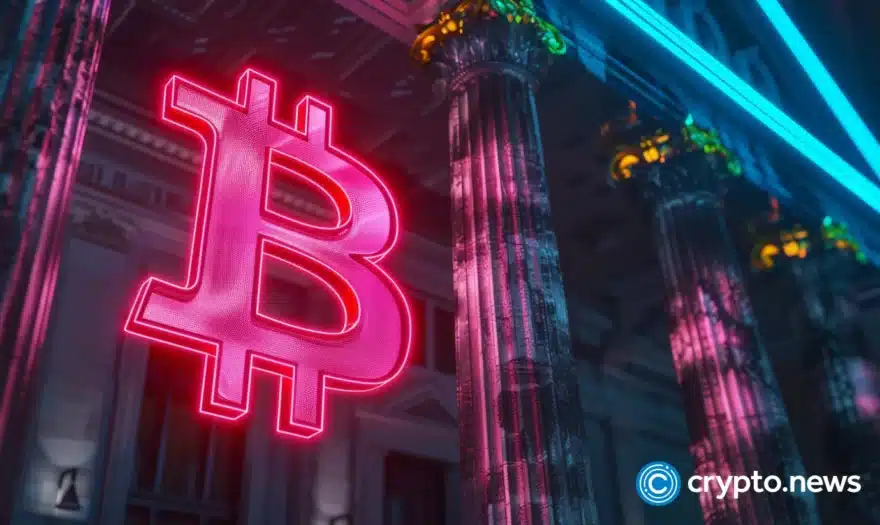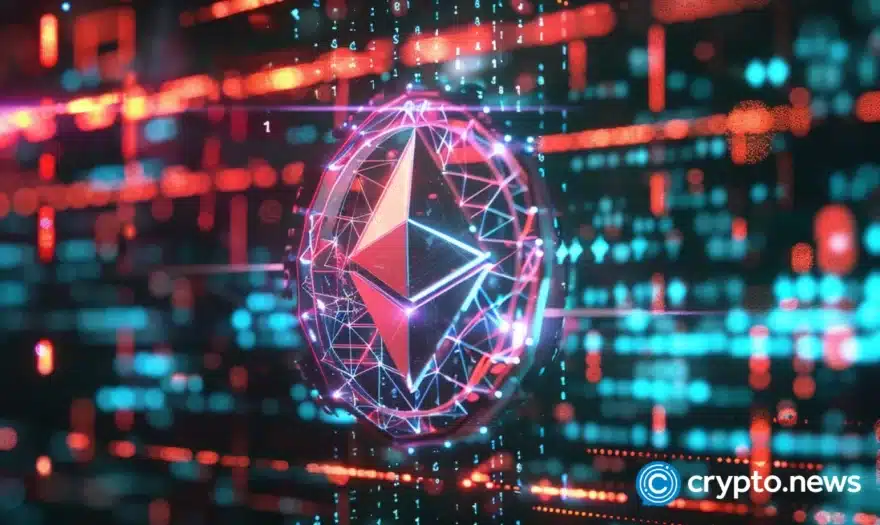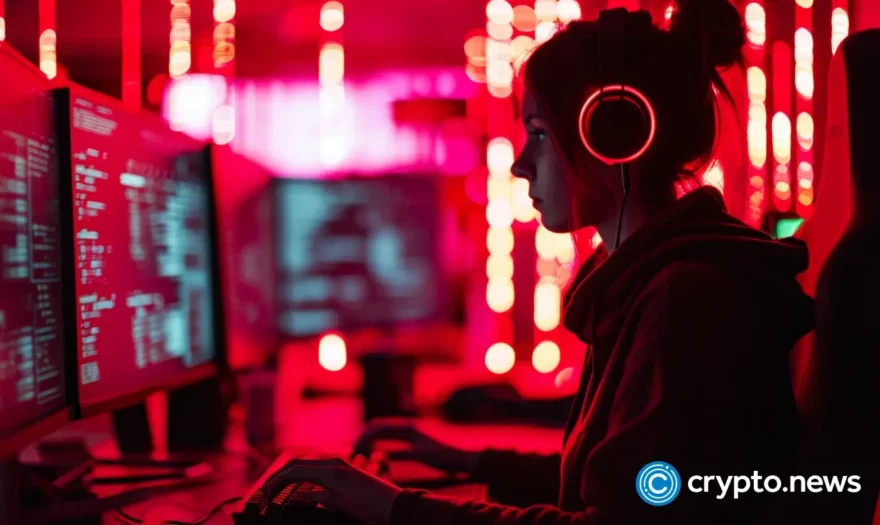Blockchain Technology Could Make True Democracy Feasible Again

With the Midterm elections on any everyone’s mind as people begin to register, a Medium article published September 27, 2018, talked about the benefits that implementing blockchain technology could bring to democracy as a whole.
Manipulation of Voting in the Past
With evidence recently coming out that Russia may have played a hand in the 2016 presidential elections, the security issues of democracy have been made on a national scale. While paper-based voting is still the most secure method used, on a large extent it is just not feasible.
Even then, voting through a physical medium is still not infallible. Ballots can just be destroyed, not accounted for, or voting numbers can be artificially inflated by printing more copies.
If none of that happens, counting and reverifying votes is a highly tedious process that requires massive amounts of a workforce. In the large society we live in, it merely is a method of the past.
While electronic voting machines have been introduced to help accelerate queue times and alleviate some of the workloads by having a computer tally up the score, they come with their own set of problems as well.
A specific model used in over 23 states has had a vulnerability unpatched for more than eleven years. Another extensively used in Virginia would subtract one vote for every 100 cast, earning the title “worst voting machine.”
This resulted in a candidate losing an election within the school board. It was discovered that 1540 votes had been dropped from her total when the gap was only 1,600 votes.
Voting needs to be upgraded and choosing a suitable replacement for which all machines would be exchanged for is a costly endeavor. More reason that ditching the system entirely and adopting blockchain tech would make much more sense.
Positive Implications of Blockchain
First of all, voting is a task that any blockchain at its core would be able to satisfy: the proper keeping of information made tamper proof. The transparency further allows anyone to verify the accuracy of contents, and the blockchain would easily be able to tally the information.
Ironically, Russia launched the pilot program for a blockchain based voting platform in December 2017; perhaps they didn’t want their presidential election being tampered with.
Earlier this month, Japan followed suit with the launch of their first blockchain voting system.
This is all done more efficiently, cheaper, and with the ability for regulation to easily audit results in the highly unlikely case that data was somehow tampered with.
The implementation of a blockchain program could also help put more trust into online voting systems and attract more young voters to vote. Young voters have statistically been the most underrepresented demographic in voting, but this has been especially true recently.
Making it more convenient for voters to cast their opinion will make it more accessible, by allowing users to vote from anywhere, and without having to wait in a line.
The one voter, one vote system could also be removed, and new systems could be beta tested and implemented if found effective.
One is the mathematically weighted voting approach that a Microsoft researcher calls “quadratic voting.” This method would ensure that minorities would be heard and claims to be the solution to for inequality, economic stagnation, the housing crisis, and many others.
A blockchain voting platform could even make a true democracy, and not a representative system, a reality once more. Instead of us voting for people to make decisions for us, citizens could once again be directly responsible for the changes that occur in their county, city, state, and country.
Regardless of if blockchain technology merely is used to update the current voting system or an entirely new voting system is derived from adopting blockchain technology, democracy is in sore new of innovation.












